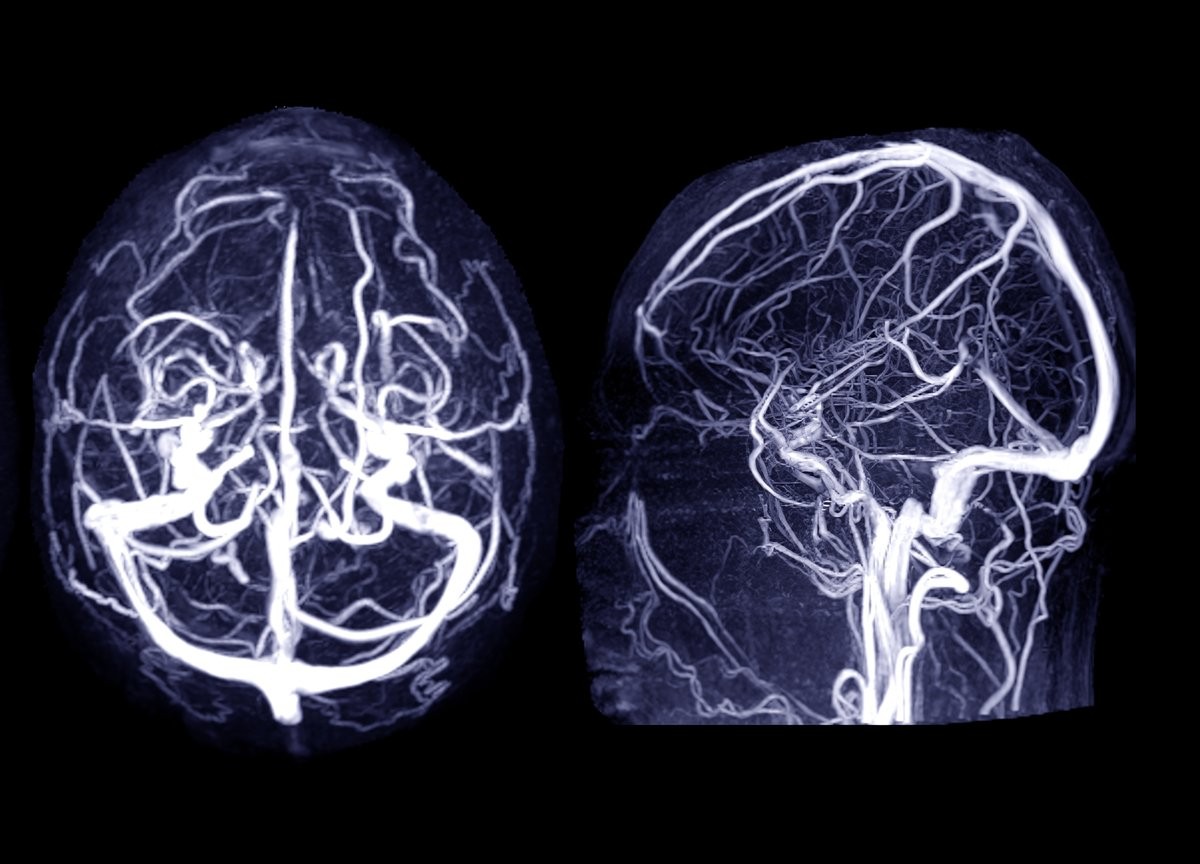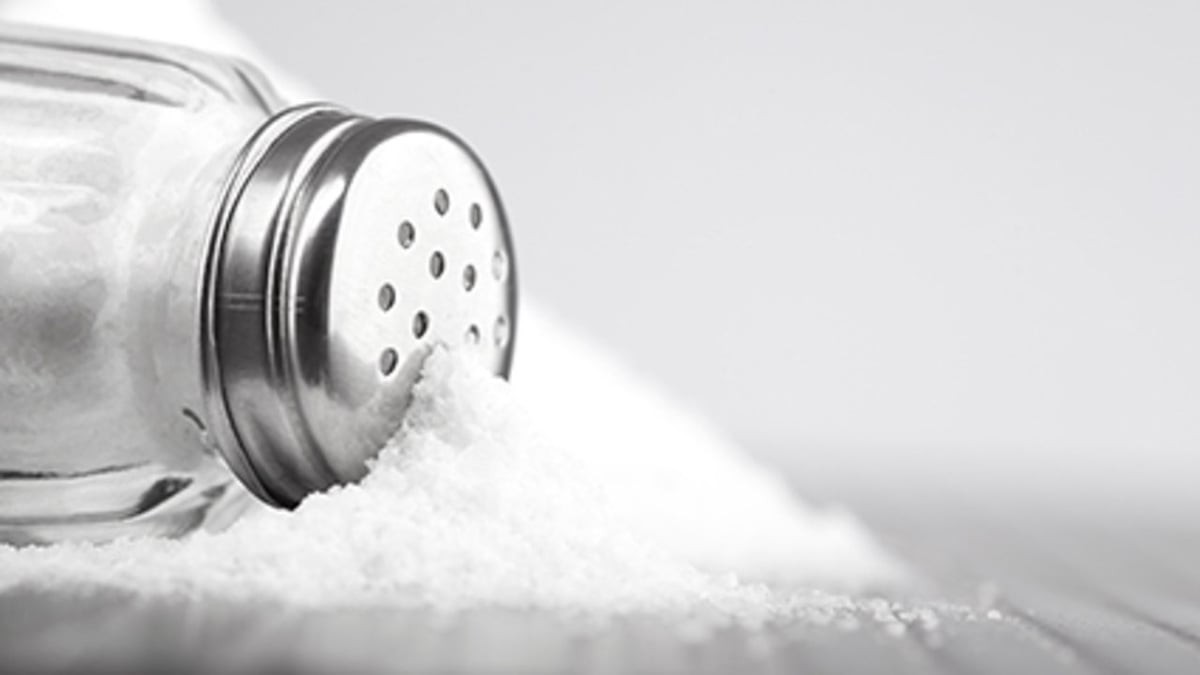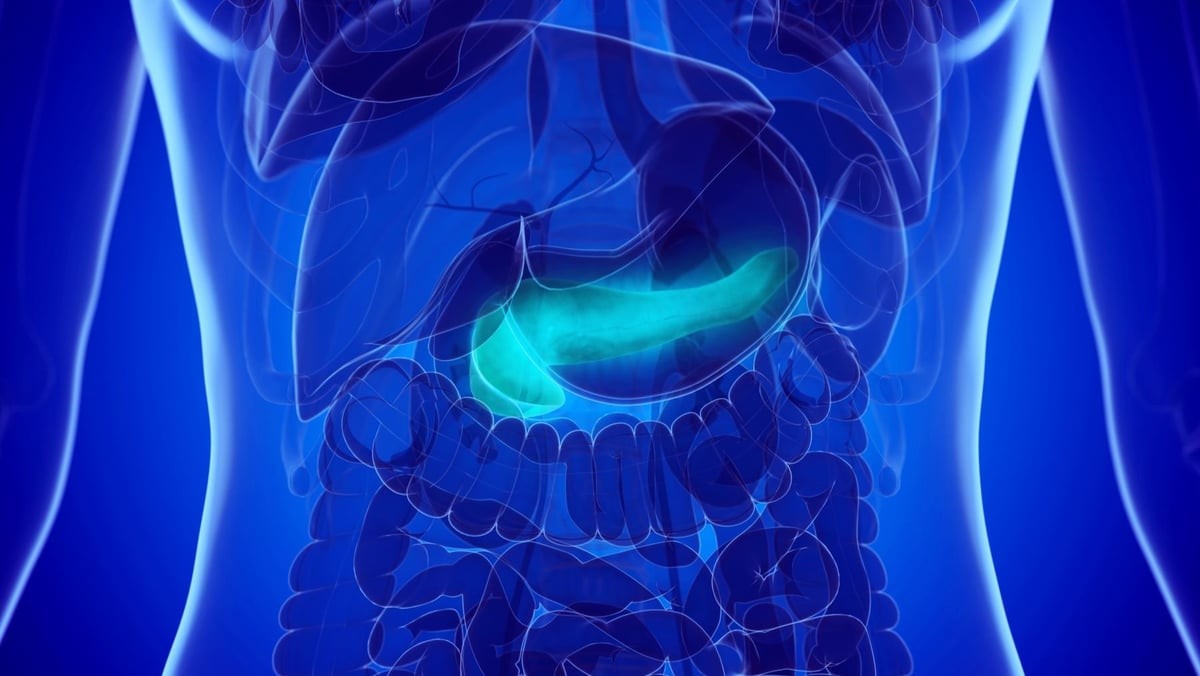
An outbreak of salmonella illness linked to recalled cucumbers has now expanded to at least 162 cases in 25 states, U.S. health officials reported Wednesday. In an update issued from the the U.S. Centers for Disease Control and Prevention, officials noted that 54 of the cases were so severe that hospitalization was required, although no… read on > read on >





























